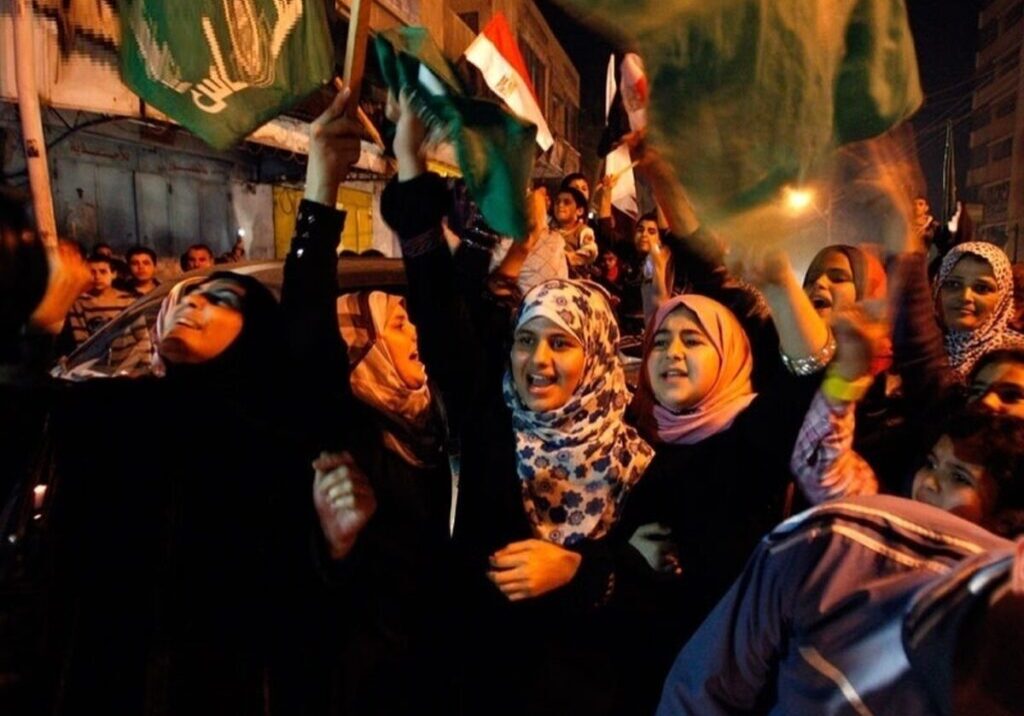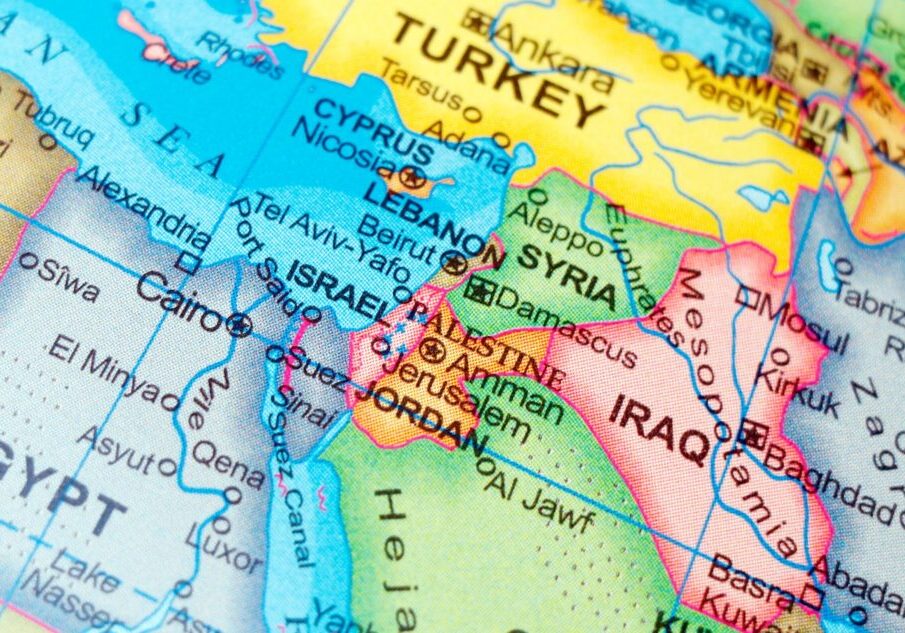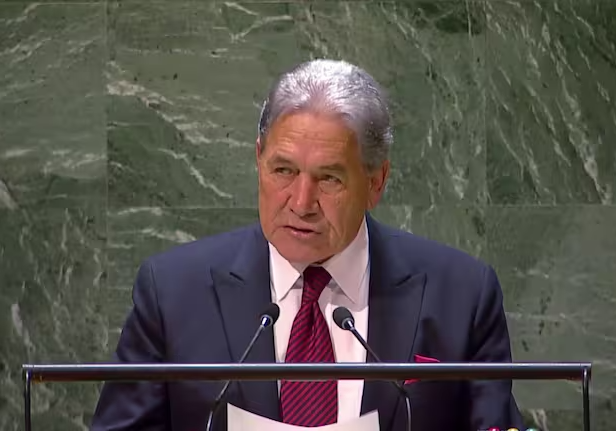Australia/Israel Review
Media Microscope: A media “seizure”
Sep 24, 2014 | Allon Lee
Allon Lee
A controversial announcement by Israel on August 31 that it would designate around 988 acres of land in the Gush Etzion bloc on the West Bank as “state land” opened the floodgates for the usual media misinformation on settlements. The decision does not directly involve approving any construction, but could pave the way for the future expansion of a small existing settlement known as Gva’ot into a much larger town.
An AFP story claimed Israel was seizing “400 hectares of Palestinian land in the Bethlehem area in the occupied West Bank” and stated that it was part of “Israeli Prime Minister Benjamin Netanyahu’s policy of settlement expansion on land the Palestinians claim for a future state,” Adelaide Advertiser (Sept. 3).
Both statements are dubious. Israel has not seized any land – it determined that the land is not privately owned and is therefore public land, nothing more.
Moreover, located in the Gush Etzion bloc, this land will almost certainly be retained by Israel in any future peace deal; a point conceded in principle by the Palestinian Authority in past negotiations.
A headline used in a raft of regional Queensland papers (Sept. 2) of “Israel grabs land” was also a wild claim considering this decision was simply part of a formal process of determining ownership.
A report in the Australian Financial Review (Sept. 2) noted the area “lies west of Bethlehem in a section of the West Bank that Israelis call Gush Etzion, a cluster of nine settlements.” This was the closest any story came to accurately describing its geographical position in terms of the West Bank. The report also correctly noted that “opponents of the appropriation plan have 45 days to lodge their objections.”
On SBS TV “World News,” reporter Abby Dinham (Sept. 1) said “most Western countries regard Israel’s settlements as an obstacle to peace in the Middle East,” which is an improvement on the questionable but common claim that they are “regarded as illegal under international law”.
Dinham said Palestinian leaders have described the decision as a deliberate attempt to wipe out a “Palestinian presence” but did not explain how the announcement could conceivably achieve this given that no Palestinian currently lives on the land in question. Her report did however note that Palestinians with “ownership claims” have 45 days to appeal.
Speaking to ABC host Waleed Aly, Israeli government spokesman Mark Regev denied the announcement was a response to the kidnapping and killing of three Israeli teenagers. Regev also denied that the land was being confiscated. He explained that on the West Bank there is public and private land but also land “whose legal status is not clear,” and that the ambiguity over the area has now been resolved.
He insisted that it was a “preliminary ruling” and that objectors can appeal the decision in Israel’s courts which are “fiercely independent” and “routinely” rule against the government.
Regev noted that Israel had not built any new settlements for over 20 years and that Israeli PM Netanyahu has made it “very clear” that “Israel does not build new settlements.”
Dismissing the claim that settlements are an obstacle to peace, Regev pointed to Gaza where Israel withdrew all its settlements without it bringing peace, ABC Radio “Drive” (Sept. 1).
The most over-the-top coverage, however, came from ABC Radio “World Today” (Sept. 2). Host Eleanor Hall ludicrously introduced a report on the issue with the claim that “key international powers, including Israel’s staunch ally, the US, say the plan cannot go ahead.”
Reporter Sarah Sedghi explained more reasonably, “the United Nations, the US and Egypt all want Israel to reconsider.” However, from thereon in, the report was deplorable, offering no context on what the announcement meant, and featuring two “experts” from NGOs with a long history of anti-Israel activism.
One, Lisa Goldman, director of the Israeli Palestine Initiative at the New America Foundation, said, “as soon as a settlement goes up, it means that Israeli security forces are put in place to protect the settlement.” A nonsensical claim considering there has been no new settlement built for over 15 years, and this announcement did not involve authorising any construction.
Goldman also implied that the lack of a Palestinian state is due to Israel, saying that, “without any hope for a negotiated solution, with this huge asymmetry in power between Israel and the Palestinian Authority, there is a sense of hopelessness and volatility, which is a very toxic combination.”
Surely, all the more reason for people like Goldman to recommend that the Palestinian Authority stop its procrastination and return to negotiations on a peace deal with Israel that would create a Palestinian state – as offered numerous times.
Tags: Australasia






